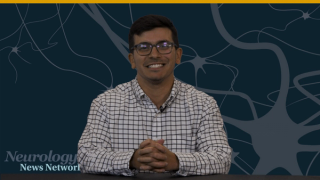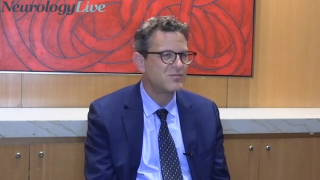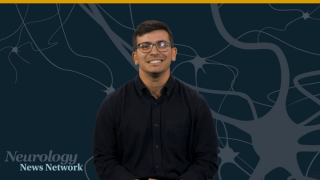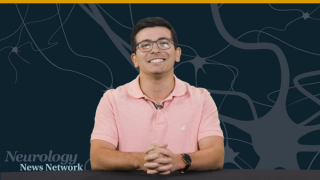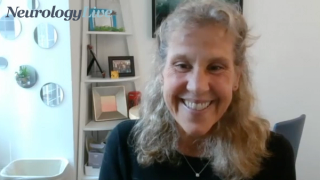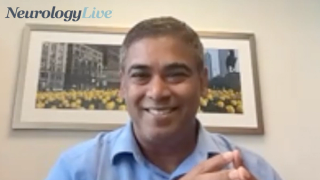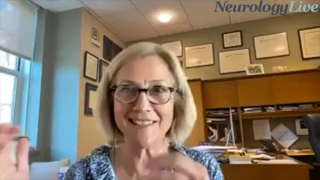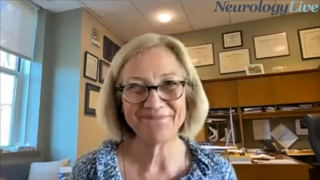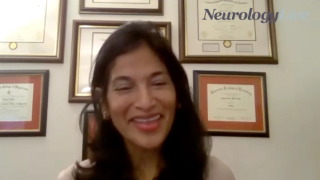
Dementia and Alzheimer Disease
Latest News
Latest Videos

CME Content
More News
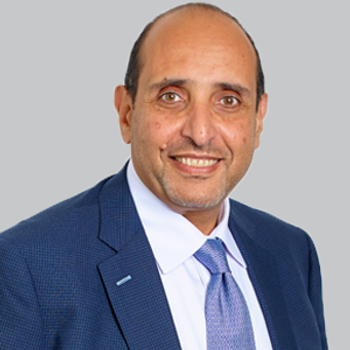
Investigators observed no new safety concerns, no cases of Alzheimer-related imaging abnormalities, and no notable changes in laboratory evaluations and EKG.
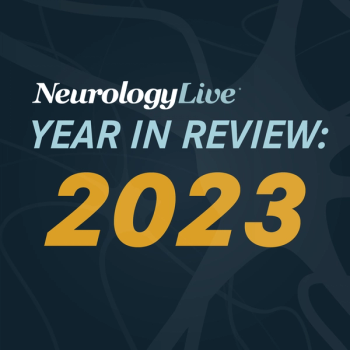
As part of NeurologyLive®'s Year in Review, we've compiled the most-read feature-length stories that appeared on the website in 2023.

Take 5 minutes to catch up on NeurologyLive®'s highlights from the week ending December 29, 2023.

Mind Moments®, a podcast from NeurologyLive®, brings you a review of 2023, with insights from Sharon Cohen, MD, FRCPC; Robert A. Hauser, MD, MBA; Alberto Espay, MD, PhD; Carolina Ferreira Atuesta, MD, MSc; and Natalie Goedeker, CPNP. [LISTEN TIME: minutes]

The neurologist at Cleveland Clinic shared thoughts on a recently published study assessing the relationship between blood biomarkers and change in cognitive function and brain volumes in a cohort of professional fighters.

In 2023, these episodes of the Mind Moments® podcast got the most attention from listeners, with this list brought to you as part of NeurologyLive®'s Year in Review.

Here's some of what is coming soon to NeurologyLive® this week.

As part of NeurologyLive®'s Year in Review, take a look at our most-read news stories in Alzheimer disease and dementia in 2023.
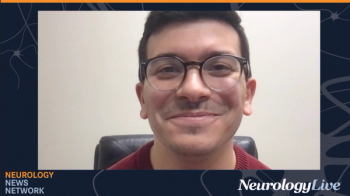
Neurology News Network for the week ending December 23, 2023. [WATCH TIME: 4 minutes]
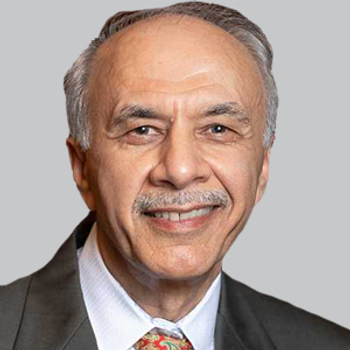
Sami Khella, MD, professor of clinical neurology at the Perelman School of Medicine at the University of Pennsylvania School of Medicine, shared his reaction to the approval of eplontersen for the treatment of hereditary transthyretin-mediated amyloid polyneuropathy.

Take 5 minutes to catch up on NeurologyLive®'s highlights from the week ending December 22, 2023.

With the approval, eplontersen becomes the first approved treatment for patients with hereditary transthyretin-mediated amyloid polyneuropathy that can be self-administered via an autoinjector.

Researchers have successfully grown norepinephrine neurons from stem cells, which are critical for regulating various bodily functions, offering new insights into neurodegenerative diseases such as Alzheimer and Parkinson.
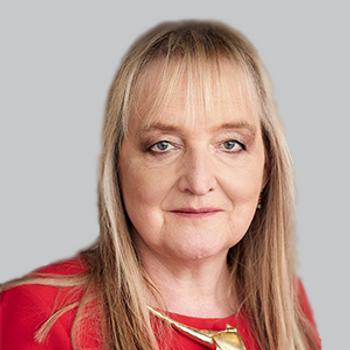
The newly announced trial, dubbed ReTain, will featured 500 individuals with preclinical Alzheimer disease who will be randomized to ACI-35.030 or placebo for a maximum of 4 years.

A-synuclein-positive athletes were similar to α-synuclein-negative athletes on demographics and other serum and blood biomarkers; however, these patients had lower grey matter volumes in the right inferior orbitofrontal, right anterior insula, and right olfactory cortices.

Here's some of what is coming soon to NeurologyLive® this week.

Test your neurology knowledge with NeurologyLive®'s weekly quiz series, featuring questions on a variety of clinical and historical neurology topics. This week's topic is ataxia.
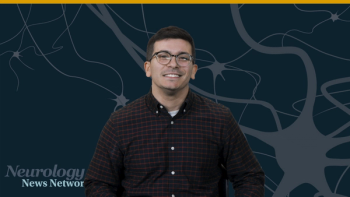
Neurology News Network for the week ending December 16, 2023. [WATCH TIME: 3 minutes]

Take 5 minutes to catch up on NeurologyLive®'s highlights from the week ending December 15, 2023.

The assistant professor at Cleveland Clinic discussed findings from a recently published study that provided insights on the understanding of the molecular basis for female predominance in Alzheimer disease. [WATCH TIME: 3 minutes]

Also known as ATH-1017, fosgonimeton demonstrated a safe profile, with directional improvements in cognitive, functional, and biomarker assessments.
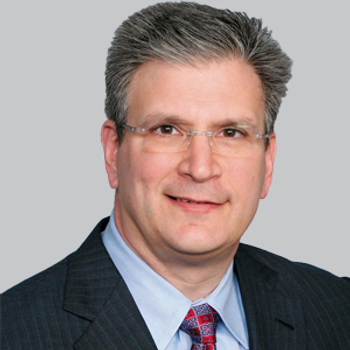
The OneRF Ablation System follows the Evo cortical and sEEG electrode product lines, marking a significant step in NeuroOne's journey to offer innovative solutions for neurological conditions.

Here's some of what is coming soon to NeurologyLive® this week.

Test your neurology knowledge with NeurologyLive®'s weekly quiz series, featuring questions on a variety of clinical and historical neurology topics. This week's topic is ataxia.
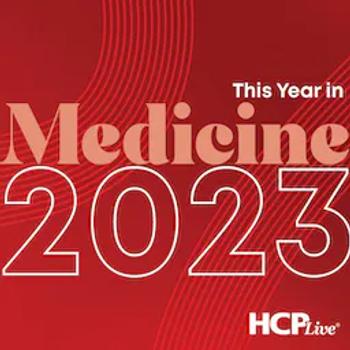
While specialists still debate the diagnostics of impaired cognition, the identification of patients at the earliest stages is beginning to be met through new biomarkers and available assays.






